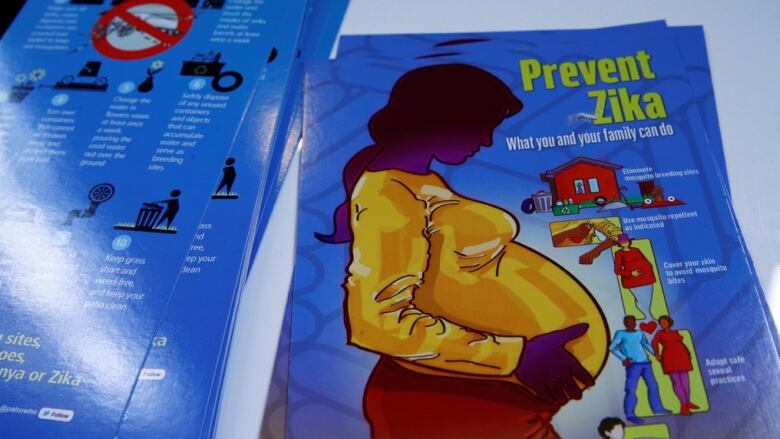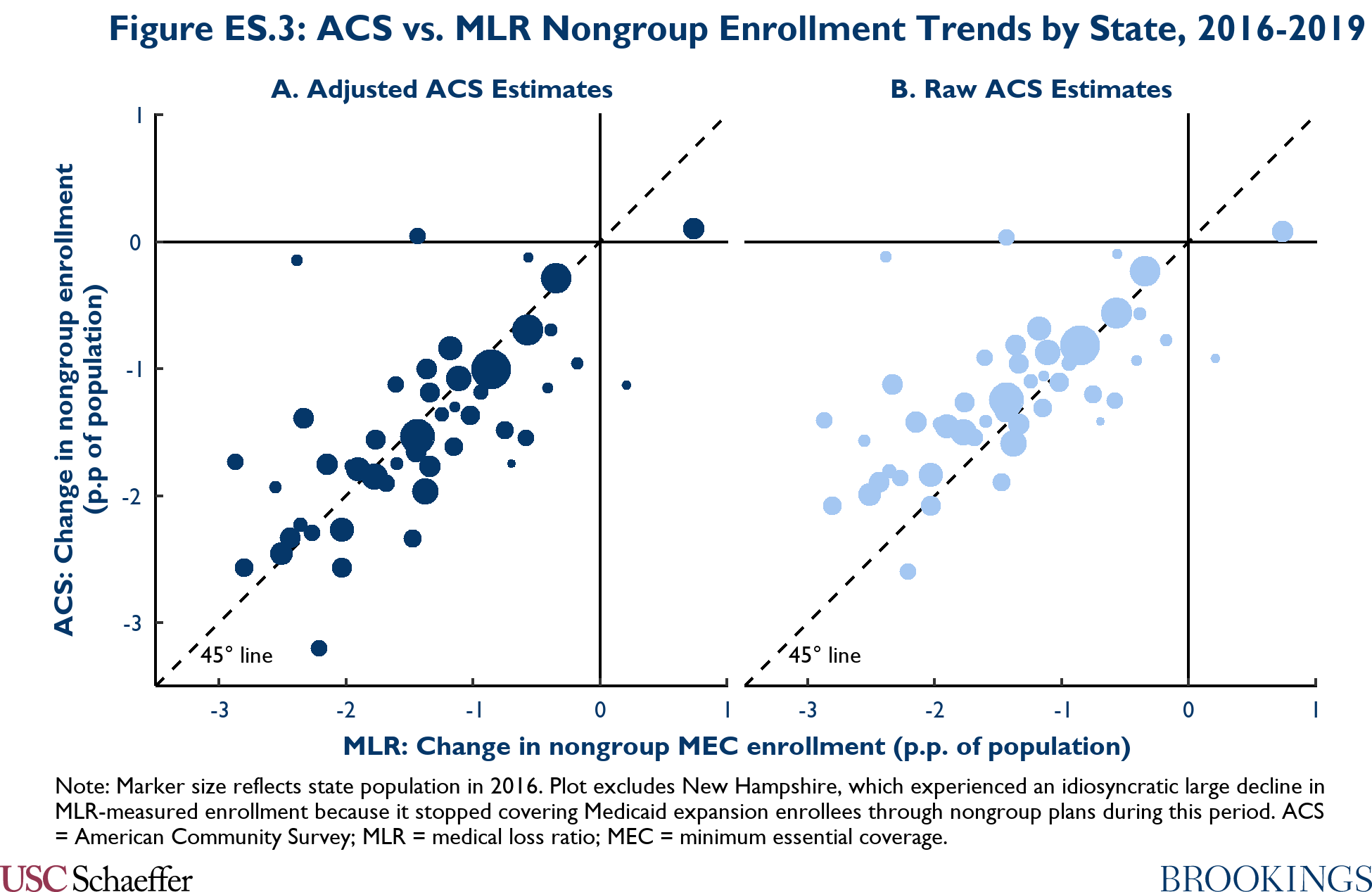
Health insurance is a crucial part of the protection that all people need in case they become disabled. People with disabilities also need health insurance to be able to receive medical treatment.
By having good health coverage, you can ensure that your disability-related costs are covered, such as rent, mortgages, car loans and food. You'll also be able pay for medical bills, insurance premiums, and any other expenses. Investing into universal health coverage can help improve the quality and life of disabled people, as well as communities.
Disability Benefits
If you're disabled, you may qualify for disability benefits from the government. Social Security Disability Insurance and Supplemental Security Incentives are among the benefits.
In different states, you may receive different benefits. You will be able to determine which disability program is right for you and how much you'll pay.

Medicare and SSI both provide benefits for people with low income, but these programs do not cover every medical expense. Other programs that you might be eligible for include private disability insurance, long term disability and life insurance.
Your eligibility to receive these benefits depends on both your work history as well as the taxes you have paid. You can apply for these benefits online or in person.
The most common form of disability is mental impairment. This includes conditions such as schizophrenia, autism, bipolar, and depression. Another common disability is a physical one, such as arthritis or a back injury.
The insurance can be purchased from your employer or separately through a health insurance provider. The policies can be pricey, but if a medical condition makes it impossible to work, they are important.
You can get long-term disability insurance
A growing number of employers offer disability insurance, which often comes as part of a larger employee benefit package. LIMRA reports that 41 % of companies offer this type of insurance. Some employers even pay the cost of these plans for their employees.

These long-term disability plans pay a percentage of wages, typically 50-70%. They usually have an "elimination" period, meaning you must wait until a serious injury or illness occurs to be eligible for benefits.
This can be an especially important benefit for workers with lower salaries who don't have any other type of disability insurance to fall back on. It's also a good idea for younger workers that may lose their jobs due to a disabled condition.
SUNY Long Term Disability (LTD).
The University of New York provides LTD coverage for all its professional, UUP and MC employees at no cost. The University also offers the option for employees to purchase an employee-paid LTD plan, which covers up to 60 percent of their pre-disability earnings, with a salary cap of $16,667 per month.
Sign up directly for the LTD Plan with The Standard. You'll also need to submit proof of insurance such as your health exam.